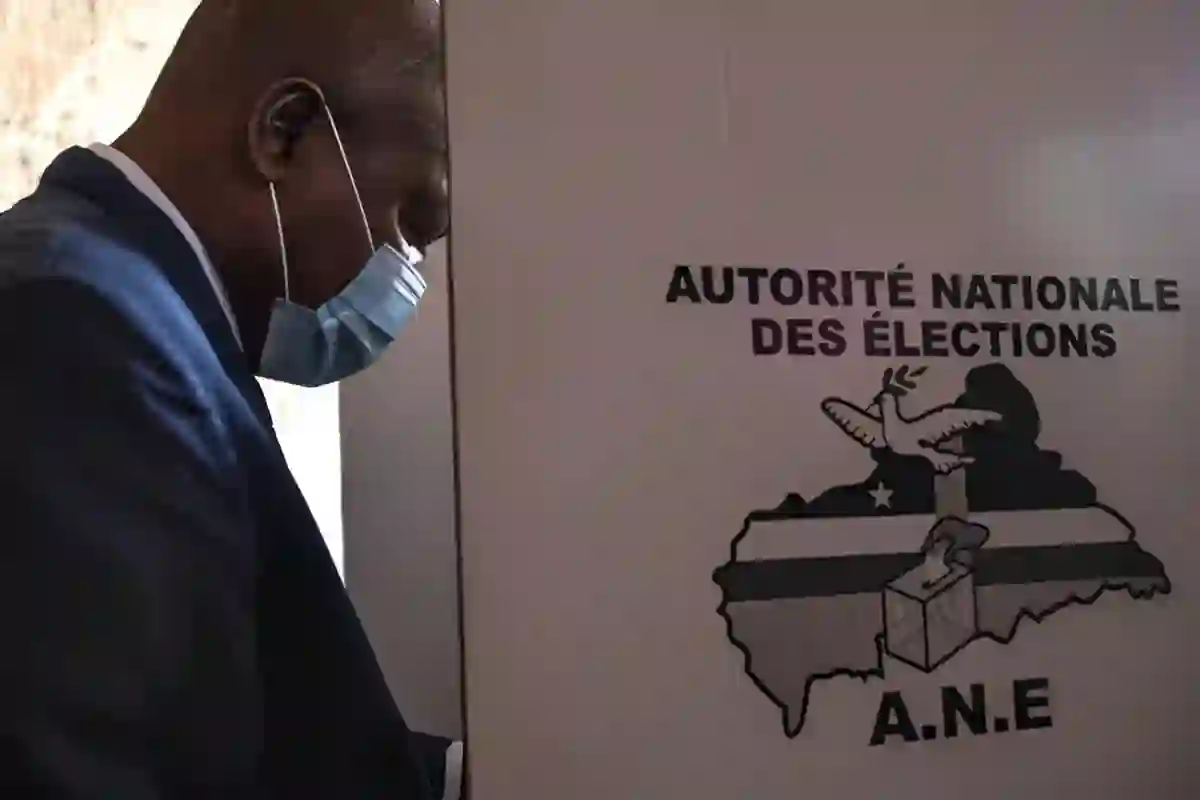Just when many in the Central African Republic (CAR) were hopeful for long-overdue local elections, the government has pushed them back once again — this time from August to December 2025.
The postponement, confirmed by Prime Minister Félix Moloua on 11 July, has sparked renewed public frustration, growing mistrust in the system, and even talk of an opposition boycott.
A Historic Delay That Keeps Getting Longer
To put it into perspective, the CAR hasn’t held local elections since 1988.
That’s nearly four decades without a municipal vote.
And while there have been multiple attempts to hold elections since 2022, each has been met with delay after delay.
Now, the new plan is to combine the local elections with the presidential and parliamentary votes scheduled for December.
While this might streamline things on paper, many are questioning whether the country is truly ready.
Technical Glitches and Budget Woes
At the heart of the problem is the National Elections Authority (ANE), which has faced serious setbacks.
It missed key deadlines, including the completion of the voter register by 29 May and gathering the electorate by 4 June, as required by decree.
According to UN expert Yao Agbetse, the situation is worrying.
He’s raised the alarm about staffing issues, technology shortfalls, and delays in contracts that are all piling up and threatening the credibility of the entire process.
Making matters worse, the funding that has been secured only covers the local elections.
There’s still no financial coverage for the much larger presidential and parliamentary campaigns, raising questions about how the government plans to manage it all.
Opposition Calls for Urgent Reform
The political opposition isn’t staying silent.
The BRDC — the Republican Bloc for the Defence of the Constitution — has openly criticised the ANE, questioning its competence and demanding a complete overhaul.
They’re also pushing for direct talks with President Faustin-Archange Touadéra to address what they see as a deeply flawed process.
While the government has made some steps toward transparency, such as launching biometric voter registration in 2024, many see it as too little, too late.
Security issues have also played a role in disrupting preparations.
Several voter registration centres remain closed in mid-2025 due to ongoing instability, leaving key prefectures without any finalised electoral lists.
A Fragile Peace and a Pledge for Unity
In a more hopeful turn of events, rebel leaders Ali Darass and Sembe Bobo officially announced the dissolution of their armed groups on 10 July.
The announcement, made in the presence of President Touadéra, was framed as a step toward national reconciliation.
The United Nations sees the upcoming elections as critical — not just for establishing a stable government but for preserving the hard-won peace.
However, international observers believe that reforms are urgently needed if these elections are to have any real credibility.
Can the Country Pull It Off in Time?
Despite its immense mineral wealth, the Central African Republic remains one of the poorest nations in the world.
For many, a trustworthy and well-organised election could be a turning point.
But without proper funding, institutional reform, and improved security, December’s vote risks becoming just another disappointment in a long string of broken promises.
